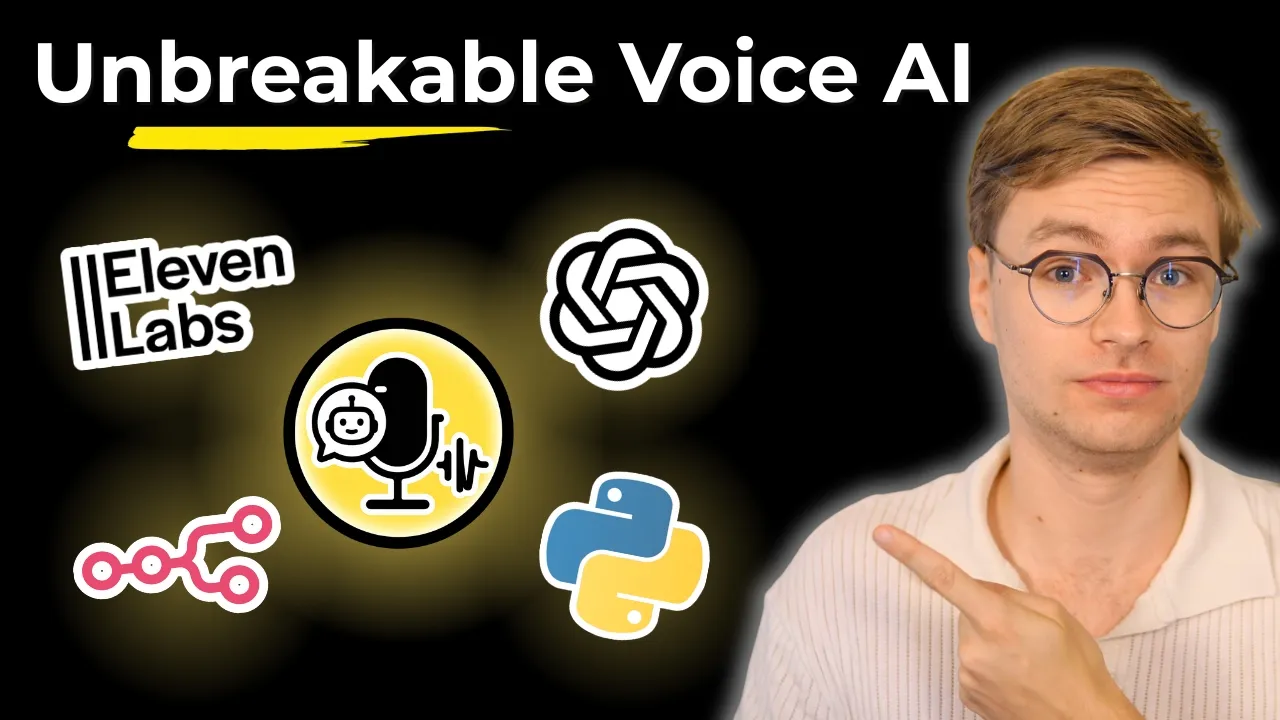AI Voice Agents for Travel and Hospitality
Travel brands need call experiences that handle jet lag, itinerary changes, and language barriers without burning out agents. Most AI voice tools fail that test. In the video, the unsupervised agent ignored a frustrated caller because it clung to the original prompt. Airlines, hotels, and travel agencies see the same breakdown when a traveler stacks flight changes, loyalty questions, and visa requirements in one breath. The moderator loop fixes it by supervising every turn, comparing progress to a shared checklist, and guiding the voice agent toward the next best move.
Where Travel Voice Bots Break
Travelers expect real answers under pressure: weather delays, missed connections, or last-minute room requests. A single prompt cannot hold all of that context. The model reacts to the last sentence, forgets required disclosures, and offers generic apologies instead of concrete help. That is how rebooking windows slip by and loyalty scores collapse.
By pairing the agent with a moderator that shares the same system prompt, you build a safety net. In the demo, the moderator nudged the agent to acknowledge frustration and capture improvement ideas. Applied to travel, it makes sure the agent confirms confirmation numbers, retrieves disruption policies, and escalates travelers who need human support.
Build the Travel Operations Checklist
List the data every call needs before you close the loop:
- Itinerary identifiers, loyalty tier, and preferred language
- Current issue category such as delay, cancellation, overbooking, or amenity request
- Policy disclosures around vouchers, reaccommodation, or resort fees
- Confirmed next steps like reissued tickets, room assignments, or airport transfer reminders
Document the checklist inside the shared prompt so the moderator can flag gaps instantly. When the agent forgets to log the traveler’s new arrival time, the moderator suggests a targeted question instead of replaying the script. This disciplined structure mirrors the methods inside AI Agent Development Practical Guide for Engineers.
Deliver Multilingual Empathy at Scale
Travelers need reassurance in their preferred language, not boilerplate responses. The moderator keeps tone aligned by coaching the agent to:
- Acknowledge the disruption and explain why each question matters
- Offer policy-aligned solutions without overpromising compensation
- Escalate to live staff when medical or accessibility considerations appear
Those coaching cues transformed the demo conversation, and expanded across travel hotlines they protect bookings even during chaotic seasons.
Turn Calls Into Route and Property Intelligence
Structured transcripts give operations a live pulse. Airlines can track which routes trigger the most rebookings, hotel groups can surface recurring amenity gaps, and travel agencies can spot upsell moments. Pair that intelligence with the measurement cadence in AI Agent Evaluation Measurement Optimization Frameworks to quantify impact on hold times, service recovery, and revenue.
Roll Out Without Grounding Your Team
Start by deploying the moderated agent on after-hours concierge lines or weather advisory updates. Compare its performance against human teams, review moderator coaching logs, and refine the checklist with compliance partners. Once the agent matches human accuracy, expand to multilingual booking hotlines and loyalty retention calls. Keep prompts synchronized by following AI Agent Documentation Maintenance Strategy.
Next Steps
Watch the video walkthrough to see how the moderator packages checklist status, coaching, and suggested prompts. Then adapt that loop to your travel operations stack. Inside the AI Native Engineering Community we share travel-ready scripts, disruption playbooks, and rollout guides. Join us to build AI voice agents that keep journeys on track even when plans change.
